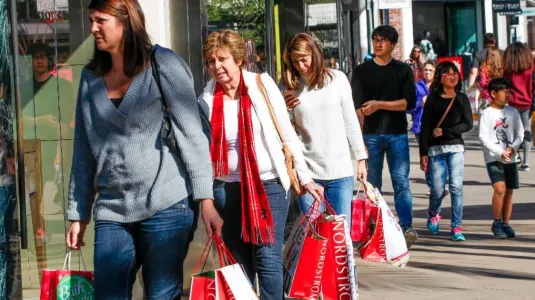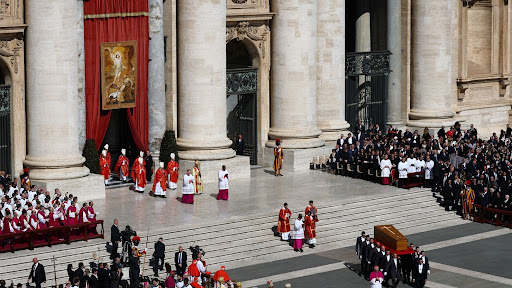Every year millions of people eagerly line up at stores hoping to get a massive discount. It’s an annual tradition that combines the thrill of the hunt with the joy of finding a great bargain, but is this consumer frenzy worth the difficulties of this holiday?

The Allure of the Deal
At its core, Black Friday offers the promise of savings, often heavily advertised in the weeks leading to the day itself. Buying expensive products at steep discounts creates an irresistible temptation to spend. While some of these deals are genuine, many are more illusions than reality.
Many of these “discounts” are often exaggerated or misleading. Retailers may mark up prices in the weeks leading up to the event, only to offer what appears to be a big discount, making customers think they’re getting more for less. A study in 2022 found that many Black Friday deals are not as steep as they appear and are often no better than the year-round sales.
The Reality
Moreover, Black Friday has an undeniable environmental cost. The amount of goods being produced, transported, and eventually discarded after short use significantly burdens the environment. Fast fashion and cheap electronics are often the primary targets of Black Friday sales, and these items are produced in unethical conditions and with minimal durability, contributing to the growing waste crisis. The push for customers to buy regardless of necessity contributes largely to overconsumption.
The most overlooked impact of Black Friday is its human toll. Many employees are pushed to work long hours on one of the busiest shopping days of the year. Workers in stores and warehouses may face exhausting shifts, often without fair compensation for their overtime. For retail employees, this is a day for exhaustion and stress.
Aside from the facts, many customers believe that Black Friday isn’t the same holiday as it used to be. Back then, deals seemed much more of a bargain. For example, the clothing store, Tilly’s Black Friday deal was a “buy one get one 20% off” for the whole store. While this may seem like a good deal to some people, this could be disappointing to others. Most discounts were about 20% according to another article, “Winners and losers of Black Friday 2024.”
In the end, Black Friday challenges us to reflect on what truly matters. Are we as a society spending on this holiday because we truly need it, or because we want it? Overconsumption can take its great and evil toll, and the desire to keep up with the latest trends takes over our needs. It’s worth taking a step back and considering how we might redefine this holiday, not as a celebration of consumerism, but as an opportunity to reflect on what we need and how we can benefit from its deals.

























